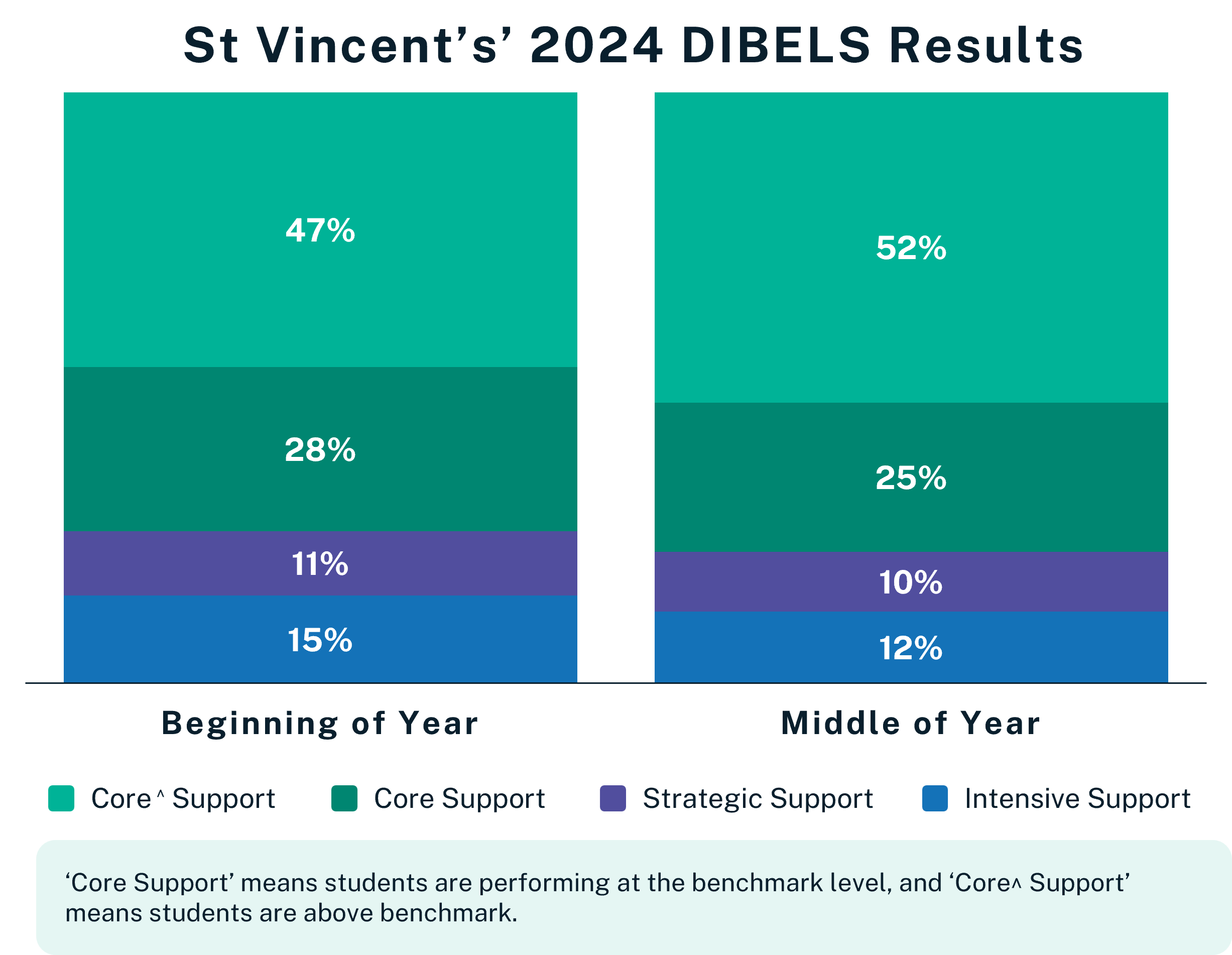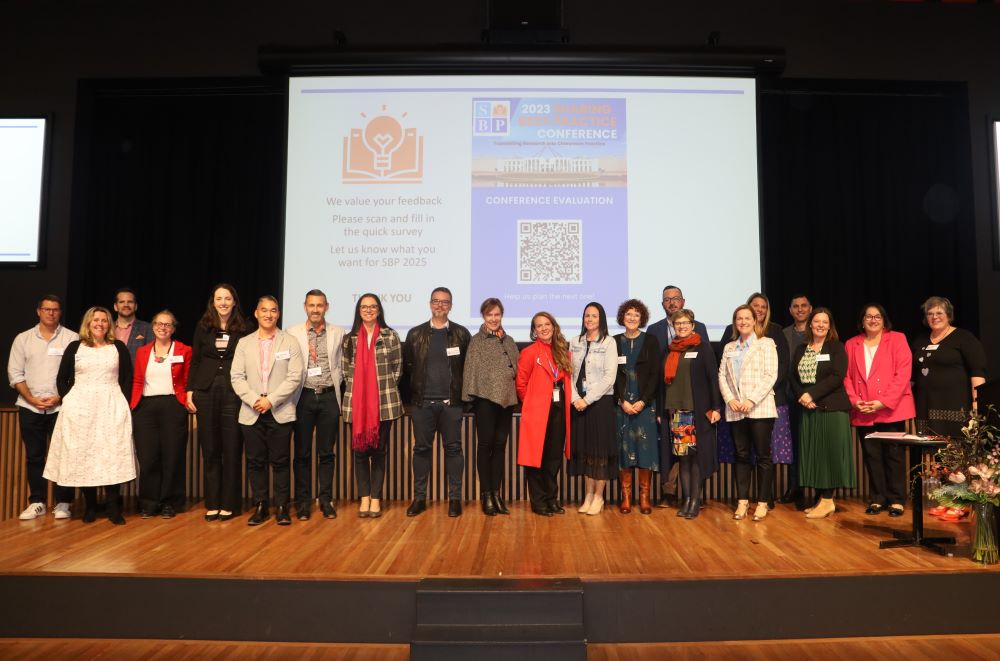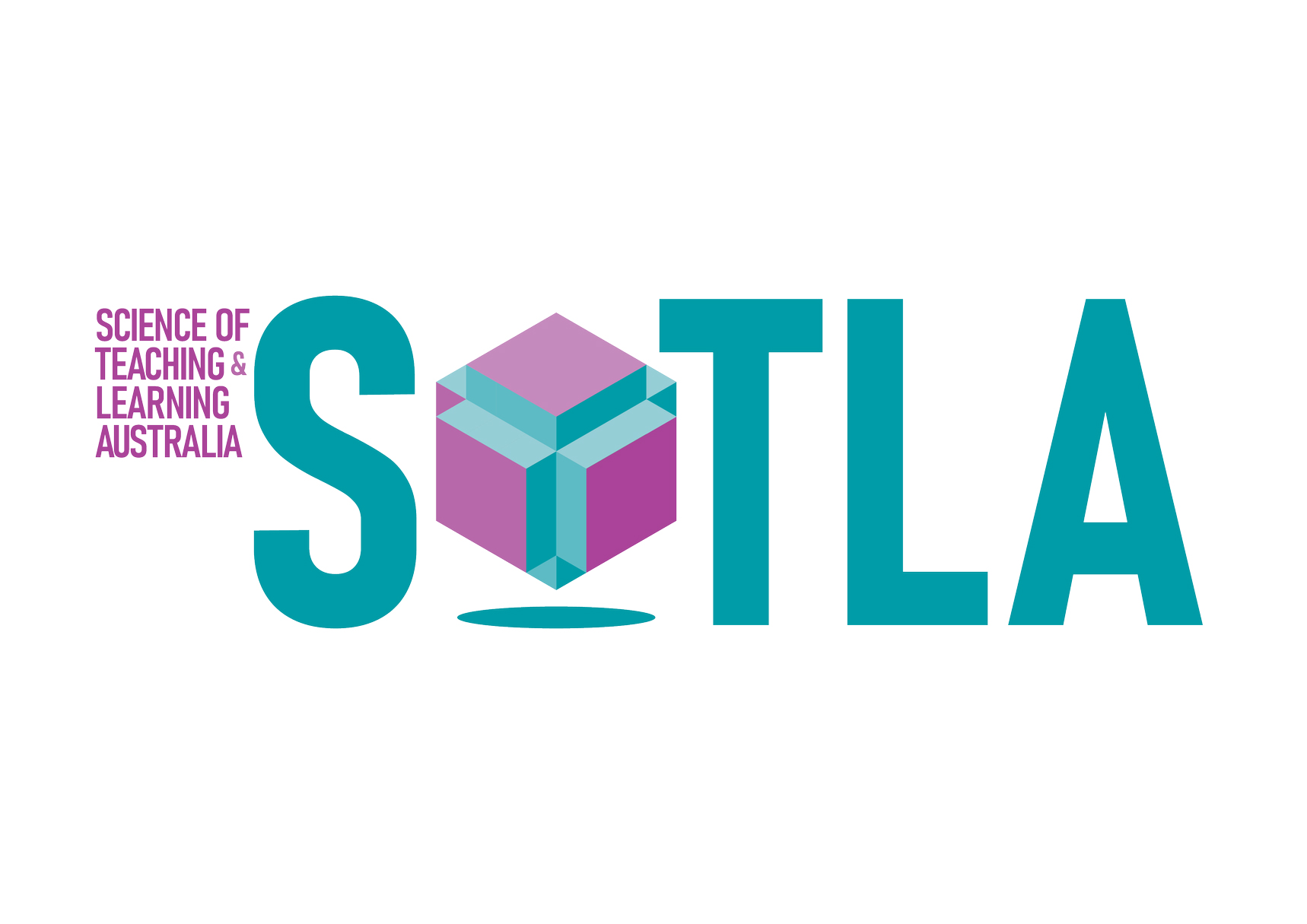Four years into their Catalyst journey, St Vincent’s Primary School, Aranda are more motivated than ever to keep improving student learning.

Aranda, ACT

181 Students

12 Teachers
St Vincent’s has been on board with Catalyst since day one. Even with a change of principal in 2023, St Vincent’s has remained unwavering in its implementation of Catalyst: staff are deeply dedicated to ensuring powerful learning experiences for students.
Curriculum-based, data-informed teaching is the new norm
Having been on the journey since 2021, St Vincent’s staff are very familiar with the expectations of Catalyst, and the supports provided by Catholic Education Canberra Goulburn (CECG). This includes the need for High Impact Teaching Practice (HITP) in every classroom – which has been at the core of how St Vincent’s staff teach since undergoing training. It is now a case of perfecting this practice, and teachers take part in the school’s coaching program to help achieve this.
As an ‘early adopter’, St Vincent’s staff moved quickly to develop their own comprehensive curriculum resources. Schools that engaged later have built these from additional materials provided by CECG – but St Vincent’s staff perceive their teachers possess a deep understanding of curriculum because of this decision. There is also a strong emphasis on using student assessment data to improve learning, with a committee of leaders and teachers formed to look through the data and identify areas for improvement and goals for the school.
“A big focus for us was a low variation curriculum – that was the biggest thing for me, getting people heading in the same direction. This made learning deliberate and planned, not accidental.“ (Classroom teacher)
Coaching as the key to improved teaching practices
St Vincent’s is strategic about how it supports teachers to keep getting better, and its new three-step coaching program is the main way they are doing this. The first element of this program involves teachers being observed by their Catalyst coach (an experienced St Vincent’s teacher or leader) twice per term, which is followed by a discussion around feedback and goal setting.
“Feedback [from coaching] leads into goal creation for how we’ll move forward.“ (Classroom teacher)
In addition to this, teachers also get the chance to observe each other in the classroom, not only giving the opportunity to provide and receive feedback, but to also adopt ideas from their peers within their own classroom. Finally, teachers self-reflect on their practice by watching video recordings of their teaching. All of this keeps the focus on how teachers can continually adapt and adjust their practice to better support their students.
“Peer coaching really shows you how it works in the classroom, not just talking about it. It’s very helpful to see it done in real life.“ (Classroom teacher)
Achieving strong results for students from non-English speaking backgrounds
St Vincent’s is a highly multicultural school, with English as an Additional Language or Dialect (EAL/D) population for almost a third of students. The majority of these students come in with low or developing levels of English skills. St Vincent’s staff attribute the results they achieve with these students to HITP-focused teaching and other Catalyst approaches.
“We also have a high EAL/D population – kids who don’t speak English – [and] by the end of the year they were doing amazing things.“ (School leader)
The impact of this work can be seen in St Vincent’s’ DIBELS data – a literacy assessment used across CECG primary schools to understand who needs support in their reading. Over a six-month period, St Vincent’s has seen students moving out of needing additional and targeted support to succeeding in the everyday classroom environment – they are catching students up in real-time.

A stronger focus on providing targeted Maths support is the next horizon
St Vincent’s has seen great success in using literacy data to set priorities for their school and identify students that need additional help. In 2025, the school wishes to replicate this success within numeracy and will be trialing a new math program and diagnostic tool.
External Analysis delivered by

To measure the outcomes and impact of the Catalyst program, CECG engaged Deloitte Access Economics (DAE) for an external analysis. Starting in January 2022, DAE evaluated Catalyst’s effectiveness on schools. Their final report includes six case studies from diverse schools in the Archdiocese, highlighting academic achievements for students and advocacy impacts for teachers, along with areas for improvement.


